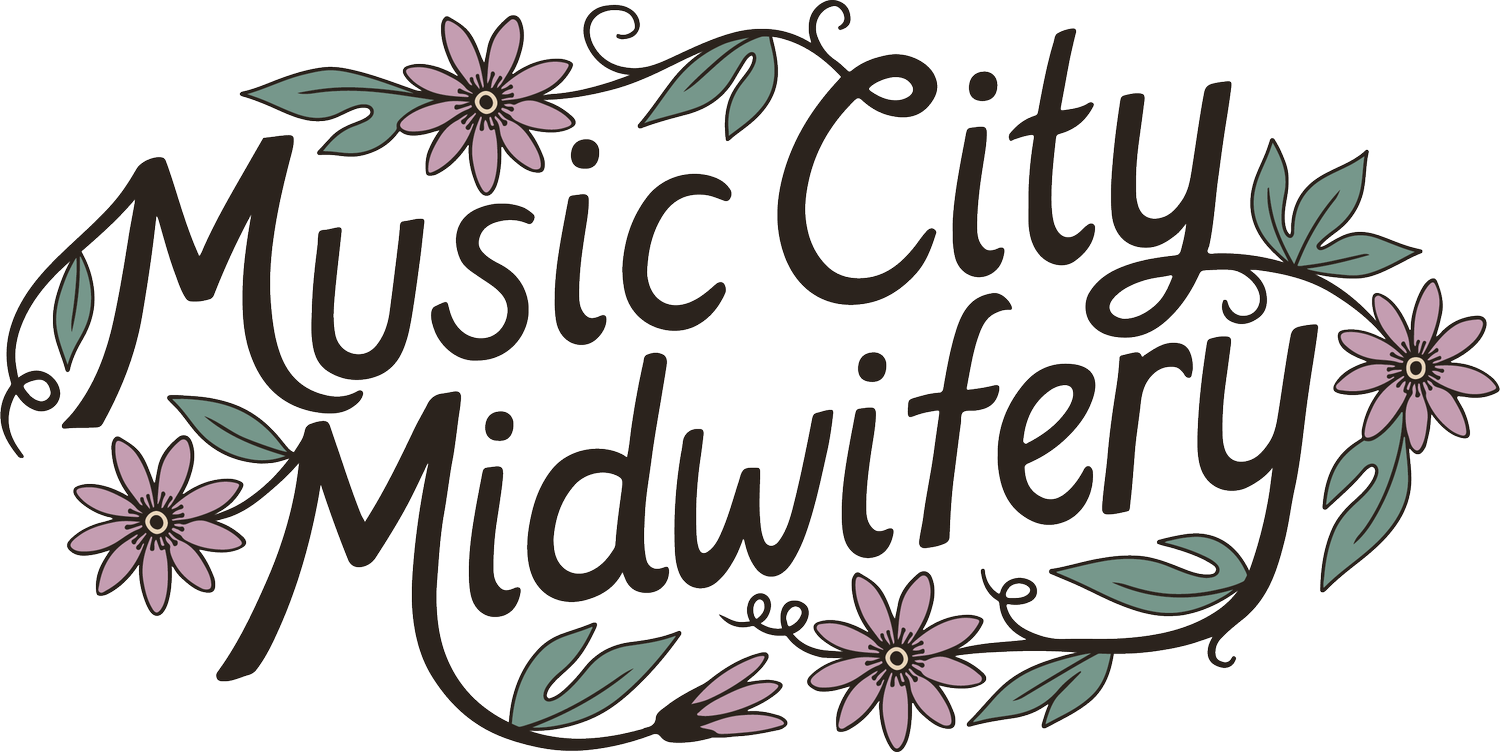In the first trimester, honor your need for rest
You’re pregnant! Or perhaps you’re here because you suspect it. There are quite a few things that can tip us off to the possibility: perhaps breast or chest tenderness or swelling, lack of energy, needing to pee more frequently, sudden heightened sense of smell, food aversions, bloating, tenderness or palpable tightness in the low abdomen, enlargement of the nose or lips, darkening skin pigment, nausea, vomiting, heartburn…
It can be a lot, all at once. If we had to compare all these symptoms, by far, we hear the most surprise over the fatigue that often comes with the first trimester. There’s tired, and then there’s first trimester tired. This and the general yuck the other symptoms can bring proves challenging for many people, especially if you normally pride yourself on being really productive, independent, or active. Many of us are conditioned to pride ourselves on going, going, going, all the time: through stress, through tiredness, through our body’s signals. This isn’t compatible with pregnancy.
You are not lazy for needing to rest more at this time. We believe that being tired, whether you are pregnant or not, is a healthy reason to rest. But if you need some justification to go easier on yourself, here it is.
Here’s why you’re so tired in early pregnancy:
The hormones. In early pregnancy, levels of Human Chorionic Gonadotropin (hCG) increase quickly in the body, often doubling every three days. This hormone is produced by trophoblastic tissue (part of the young embryo), and then by the placenta. hCG maintains early pregnancy by signaling the body to synthesize more progesterone. Progesterone in turn tells the body to continue building up the endometrium (the inner lining of the uterus), which allows the fertilized egg to attach. Progesterone then prevents the uterus from contracting, which is important for preventing miscarriage, and contributes to the growth and development of the baby. At around 10 weeks, the placenta takes over progesterone production, but before that, our bodies are doing more of the work from our ovaries and adrenal glands.
High hCG levels create feelings of fatigue, as well as bloating and water retention. Progesterone is the major culprit, causing feelings of drowsiness. When progesterone binds to receptors in your brain, it increases GABA neurotransmitter production, which causes your brain to reduce its activity and want to sleep. Progesterone is also responsible for increased need to get up and pee at night, further interrupting sleep, not to mention constipation, bloating, breast swelling and tenderness, nausea, and for some people, mood changes and headaches.
These hormones, along with estrogen, set off a cascade of events that make up the embryonic stage of your pregnancy, in which every single major structure of your baby’s body is constructed! It takes incredible amounts of energy to create a tiny neural tube, all the organs of a new person, and tiny limb stems. If you feel like you have less life force, it’s because you’re sharing it. Your blood volume starts to expand right away, and your heart rate and respiration rate often increase to keep up with the demands.
The first trimester is an opportunity to practice honoring your body’s need for rest.
Whatever capacity you have in your day to day for resting more, take advantage of it. This will help you to pace yourself through the marathon that is pregnancy and birth. Most healthy pregnancies grace us with more energy once we enter the second trimester. Know that this chapter is temporary, and your worth is not lessened by needing to slow down. Lean into the supports you have, and talk to your midwife about how to best support your body and mind as you begin this new chapter of your life.

